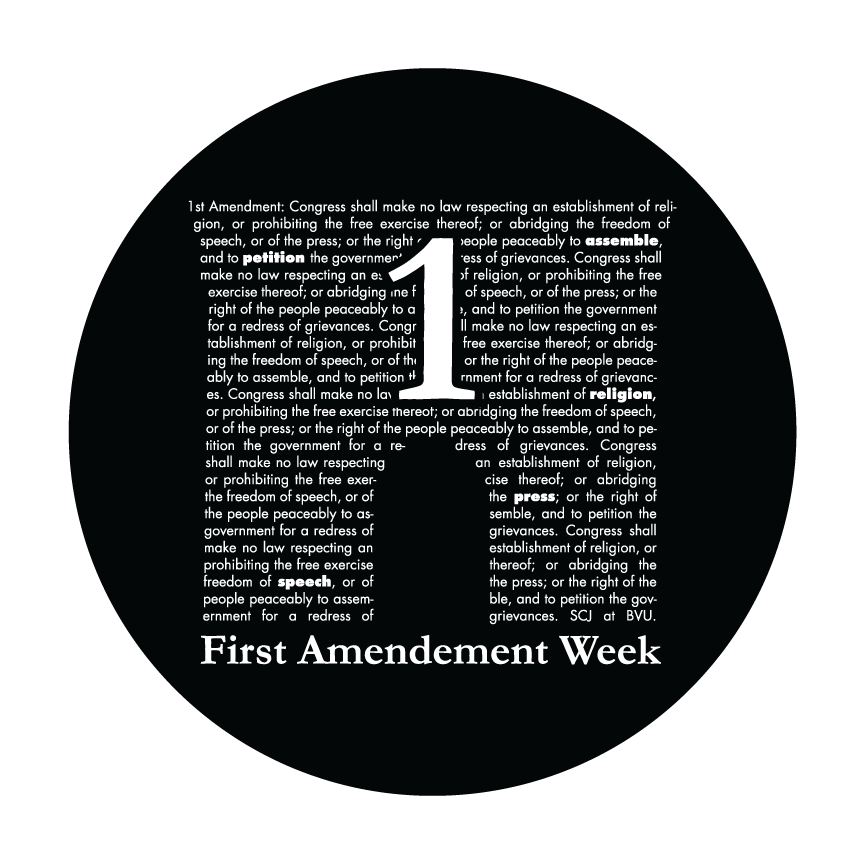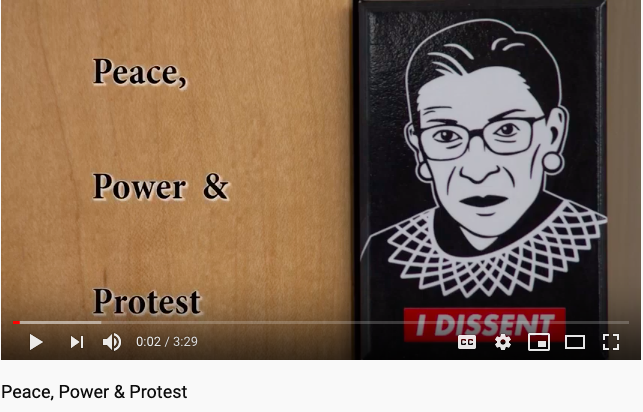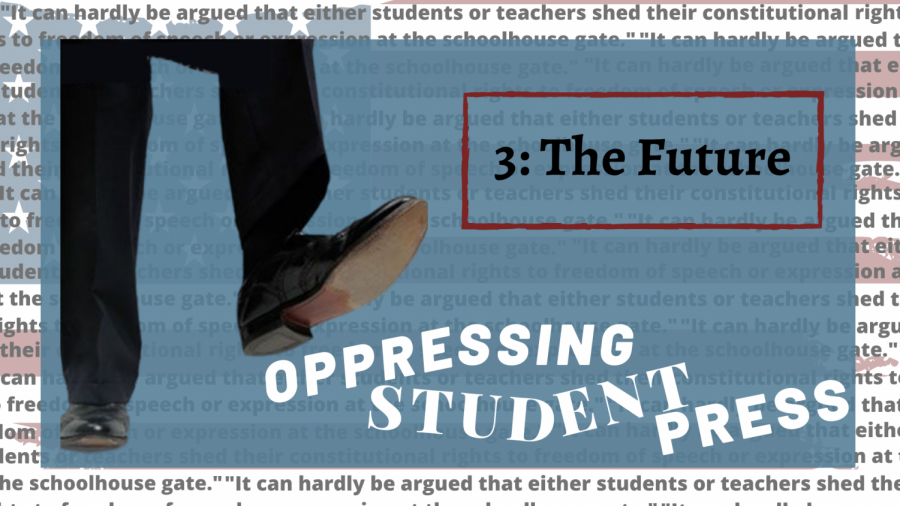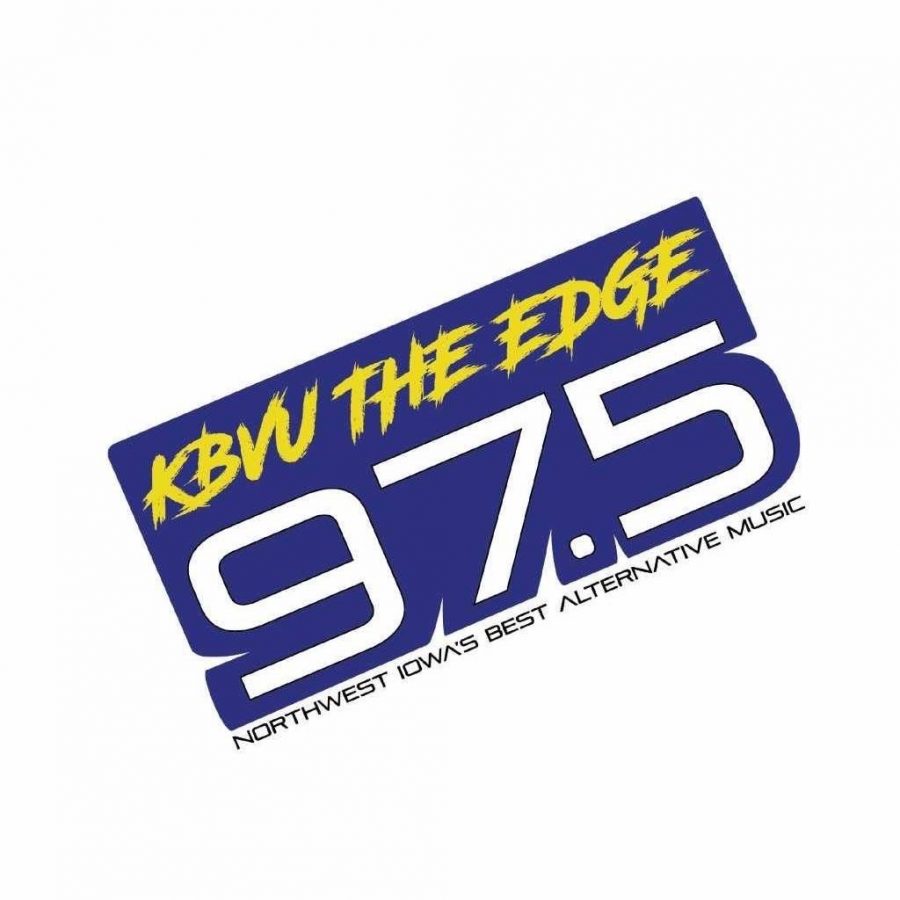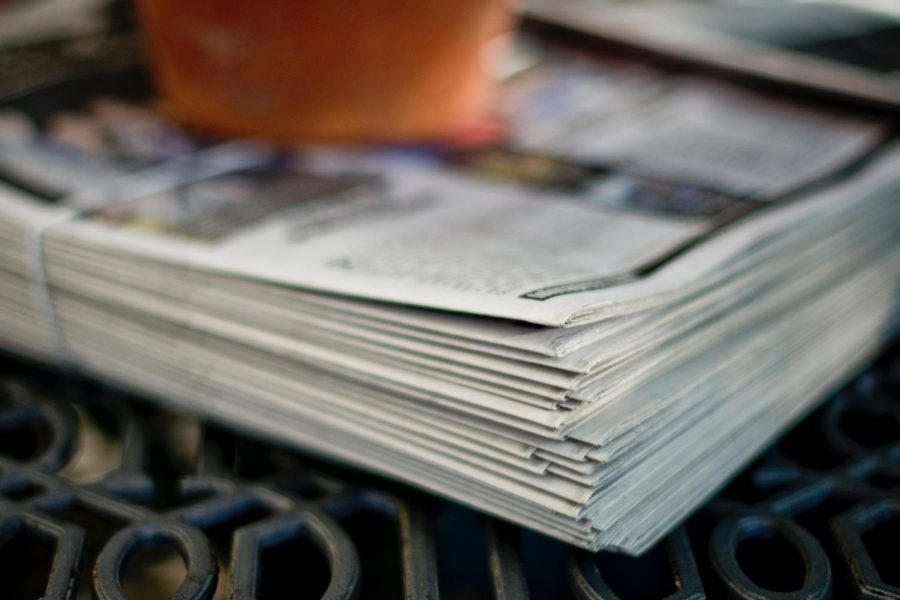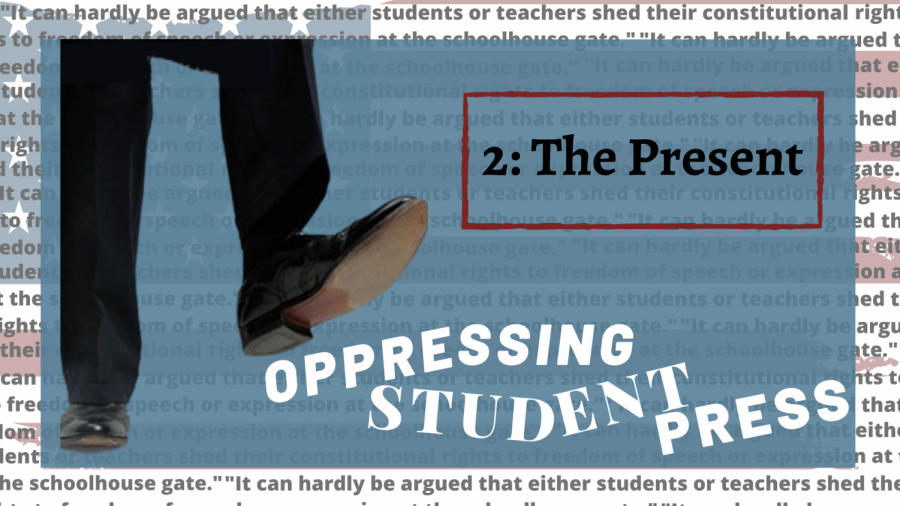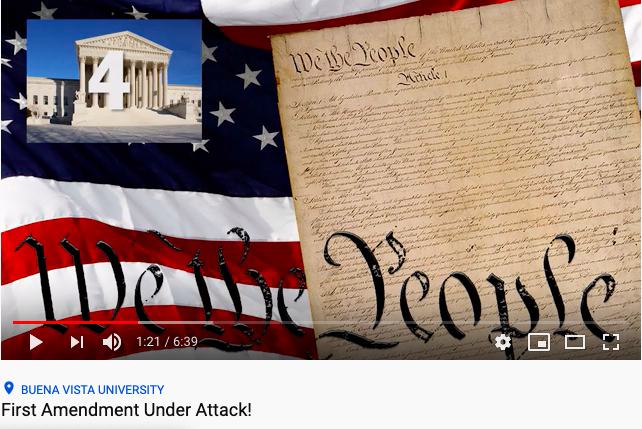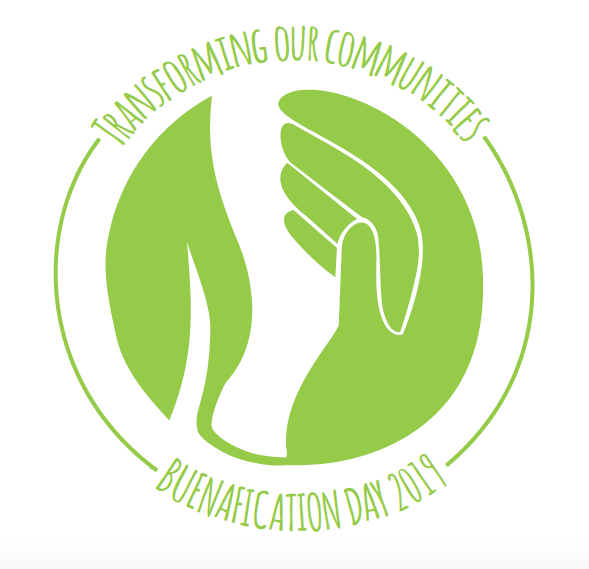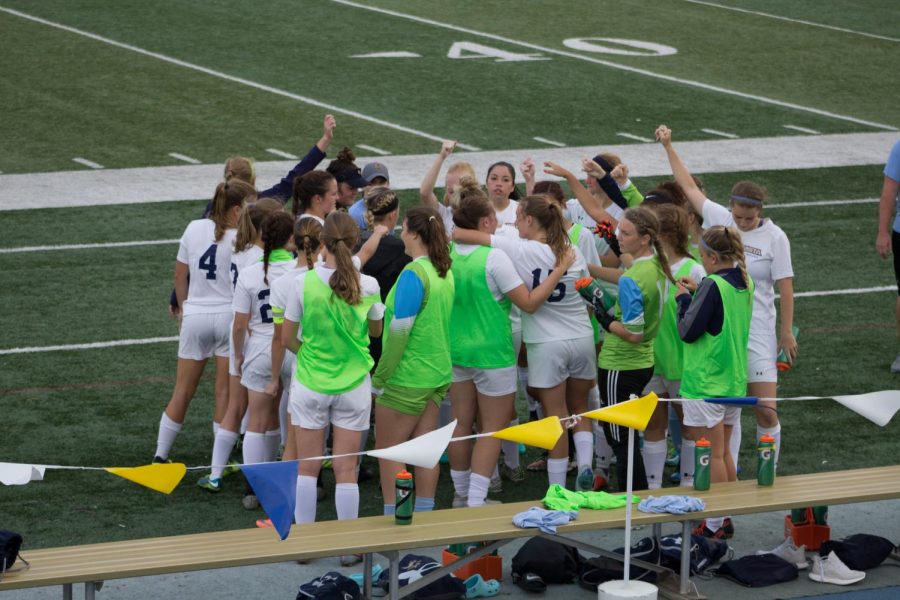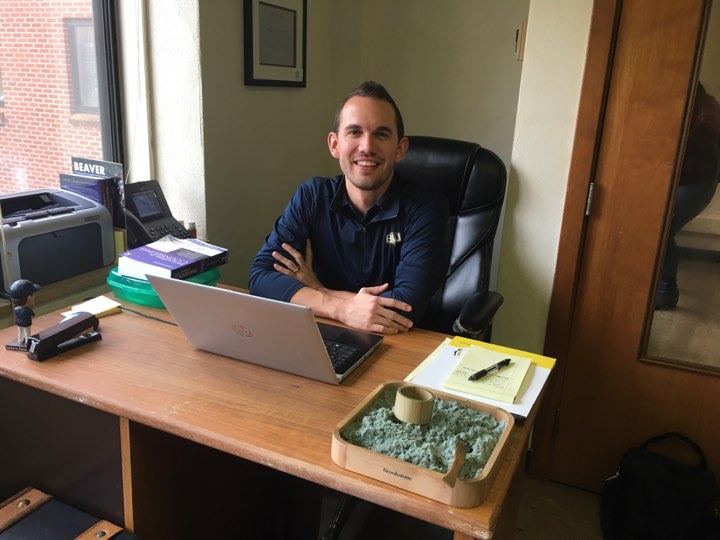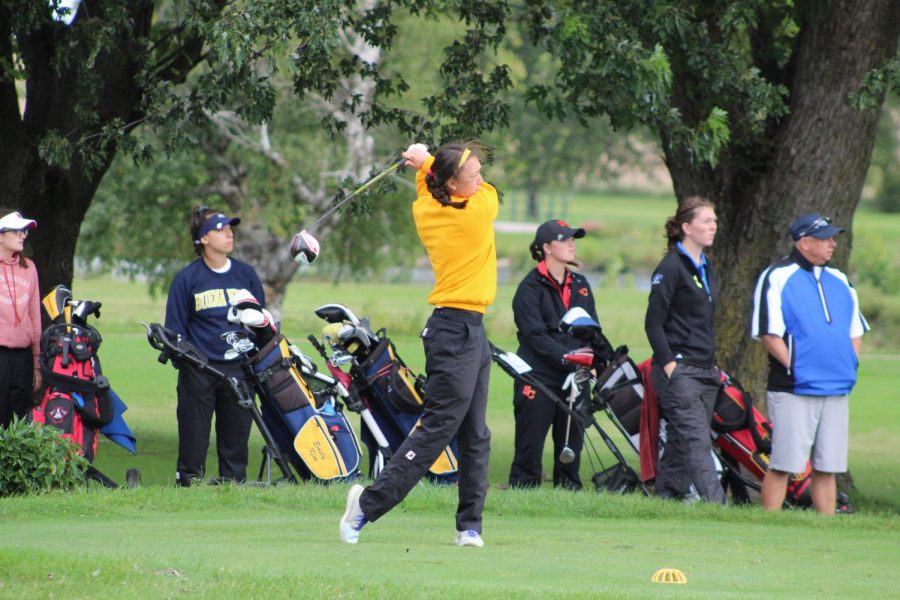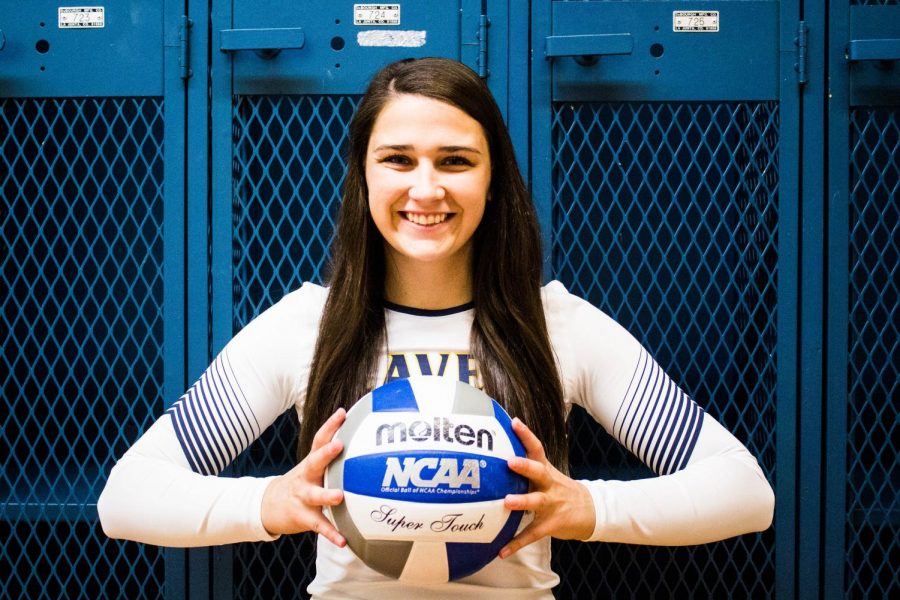Madeleine McCormick | News Editor
Dee Friesen | Co Editor-in-Chief
“Only 13 percent of the world’s population enjoys a free press—that is, where coverage of political news is robust, the safety of journalists is guaranteed, state intrusion in media affairs is minimal, and the press is not subject to onerous legal or economic pressures.”
FreedomHouse.org, “Freedom of the Press 2016 Report”
According to the State of the First Amendment (SOFA) survey done by the Newseum in Washington, D.C., only 11% of Americans recognize freedom of the press as a right guaranteed by the First Amendment. According to this same survey, 21% of Americans believe the First Amendment goes “too far” in the rights it guarantees.
15 members of the Storm Lake community, including Buena Vista University students, shared their thoughts on freedom of press; what the press can do, what the press can not do, what they think the press does well, and what they believe the press can be better at or do more of.
Buena Vista University Associate Professor of Art David Boelter notes the overreach of the press can negatively impact society, but coming from an art background, he also values the rights protected under the First Amendment:
“Being in art, I’m all for freedom of speech and people’s right to say whatever it is they want to say. But I’m also a parent. I’m a husband, and I’m a human being on the planet. So, I also believe that there are certain things that people will have to deal with the consequences [of], and they should be ethical in their decision making as far as what they choose to say, when they choose to say it, and how they choose to say it,” he said.
What does it mean to have a free press? According to Dictionary.com:
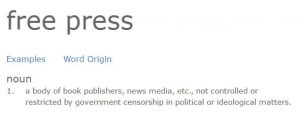
Contrary to the definition, press freedom has been historically heavily criticized and many Americans openly express their distrust in the press and have decreasing faith in the media to accurately and fairly report the news to the public.
BVU junior Cody Mowery feels that the press has the power to share anything at their discretion, and sometimes the way they present information and opinions can hurt the public.
“The press have the freedom to share whatever they please and opinionate the public, brainwash them,” Mowery said.
Similarly, BVU first-year student Allyssa Ertz says some of what’s printed is offensive and can even have unintended, negative consequences.
“I think that it could have a negative impact on others without meaning to,” she said. “It can probably offend people when it’s printed out and people read about it. They can be like, well that’s offensive to me as a person.”
Since the initial authoring of the First Amendment, the press has served as the “watchdog of society.” However, many Americans believe the press serves a monetary purpose instead. BVU alumnus and doctorate student at Emory University, Adam Strater, says media has turned from its original non-profit, democratic roots to a for-profit content manufacturer to increase ratings and improve the entertainment value in broadcast media.
“There’s a commercialization of media that has made it so that it’s very difficult for people to access and consume quality media and quality news because outlets such as CNN, Fox News, the big American news corporations are more concerned with profit than they are with telling an accurate story,” he said. “So, what I’ve found is that I often have to find media from abroad that talks about the United States because they’re not as concerned with the story as they are with the news.”
Free Press, an organization dedicated to informing the public about press freedoms, as well as the rights and responsibilities of journalists in a digital age, is one example the many organizations working to educate the public and give working journalists the tools to “defend their rights and amplify their voice.”
The organization website notes: “Press freedom is under attack today, with government authorities seizing journalists’ phone records, detaining reporters at border crossings and demanding that journalists reveal the identities of confidential sources. This kind of harassment doesn’t just affect “professional” journalists. The internet and new technologies have democratized media making, with more people taking up the tools of journalism. And after years of newsroom layoffs, many of the people who are most at risk are citizen journalists and indie reporters operating outside the mainstream press.”
Another public concern is access to information via social media. Outlets such as Facebook have turned into forums for consumption and discussion of news topics, whether the information is truthful or not.
Natalie Schumann, a manager at a local Storm Lake restaurant Smokin’ Hereford, experiences this exact conversation on a daily basis because of the construction of the Bakken Oil Pipeline outside of town. She says viewing her social feeds, there is a lot of misinformation creating a negative attitude towards “the press.”
“Social media has really changed how people view different events right now. Like I know the whole pipeline that’s going through, people see different things on Facebook and some things aren’t quite true and things get twisted. But, that’s kind of like how we’re evolving now,” Schumann said.
BVU Professor of Philosophy and Religion Dr. Swasti Bhattacharyya is concerned about the quality of information in the media and the potential confusion or misinformation that can cause for news consumers.
“I’m really concerned with all this false news that we’ve been seeing. It’s hard to figure out. I’m not the expert. So then you see this paper, and it’s like how do you know which one is right? How do you know who to trust? And if it gets a bunch of hits you think, ‘Oh this is right’, but it’s not,” Bhattacharyya said. “I have to do my research to figure out. Well, what are their sources? How are they interpreting that? And too many times the actual study is being misinterpreted if it’s even being used at all. And that’s a problem. You can’t make informed decisions when you don’t have good information”
BVU senior Katie Anderson believes that media should be “taken with a grain of salt,” and it’s the responsibility of the consumer to interpret what they are reading.
“I feel like the stuff that I find online is more credible just because if I’m interested in it I can [find] more sources on it,” she said.
According to Freedom House, the American press received a freedom score of 22 on a 0 (most free) to 100 (least free) scale in 2015. Russia was rated at 83%, triple that of the United States and North America as a whole. Norway has the most free press of every country in the world with a rating of 9.
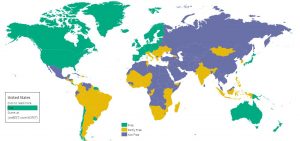
Kana Kudo is an international student from Japan, whose Freedom House rating is similar to the United States at 26. According to Kudo, the Japanese are less concerned criticize the press less often.
“I don’t really know American free press, but I think it’s kind of [similar], but we don’t have political correctness in Japan, so it’s kind of different. Sometimes it’s too biased and people sometimes believe what they just read; that they just see,” Kudo said.
BVU Associate Professor of Mathematics Gail Hartsock says the public would better receive the press if the media were less concerned with political correctness and more concerned with giving the public the information they need in order to make informed decisions.
“My inclination would be that they should do more, always more, to investigate and forget about political correctness and things of that nature. On the other hand, there’s such a thing as access. So, stepping on people’s toes is probably not going to get you access in the future. So, it’s a balance between shedding a light on stuff without burning bridges or contacts,” she said.
The balance Hartsock refers to highlights an ethical perspective on press freedom.
Professional journalists must abide by a code of ethics that determine the process in which a story is gathered, created and published. By this code, all journalists must take responsibility for the impact of their work.
The general public agrees these ethical principles have been compromised due to misinformation, press bias, and social platforms.
Press advocates like Free Press and Freedom House believe the lack of trust in American press can begin to be solved through education about First Amendment press freedom rights, and support from communities to connect individuals and create truthful, fact-based stories.
RIGGED OR RIGHTEOUS | Interactive website
Featured graphic by Justice Gage



